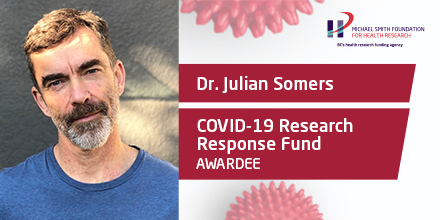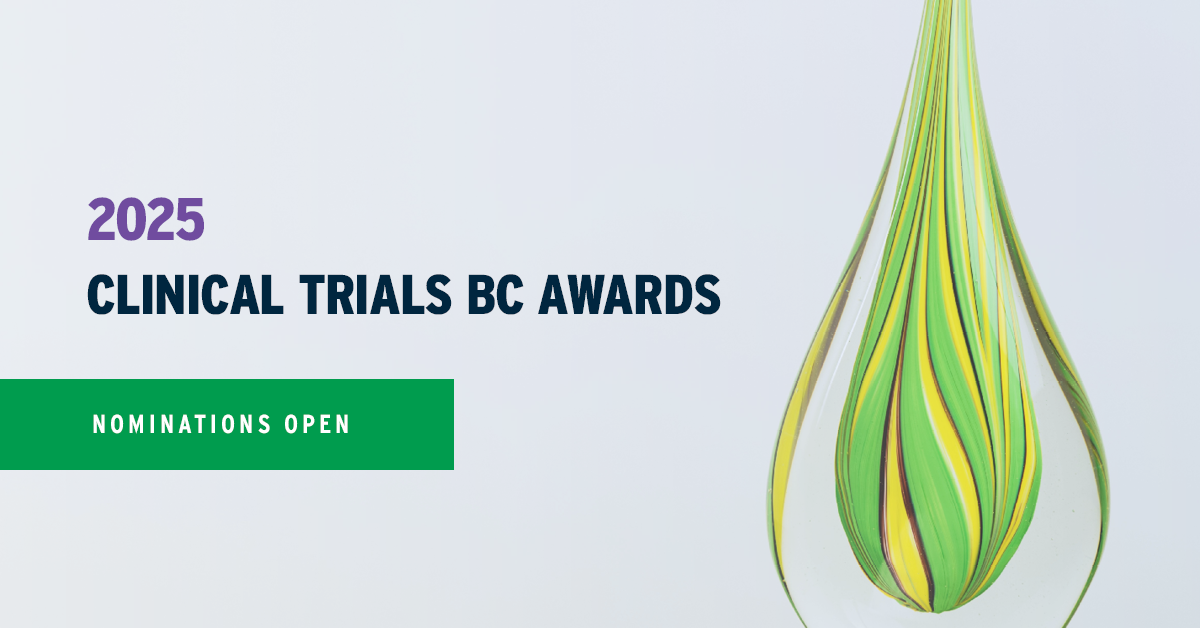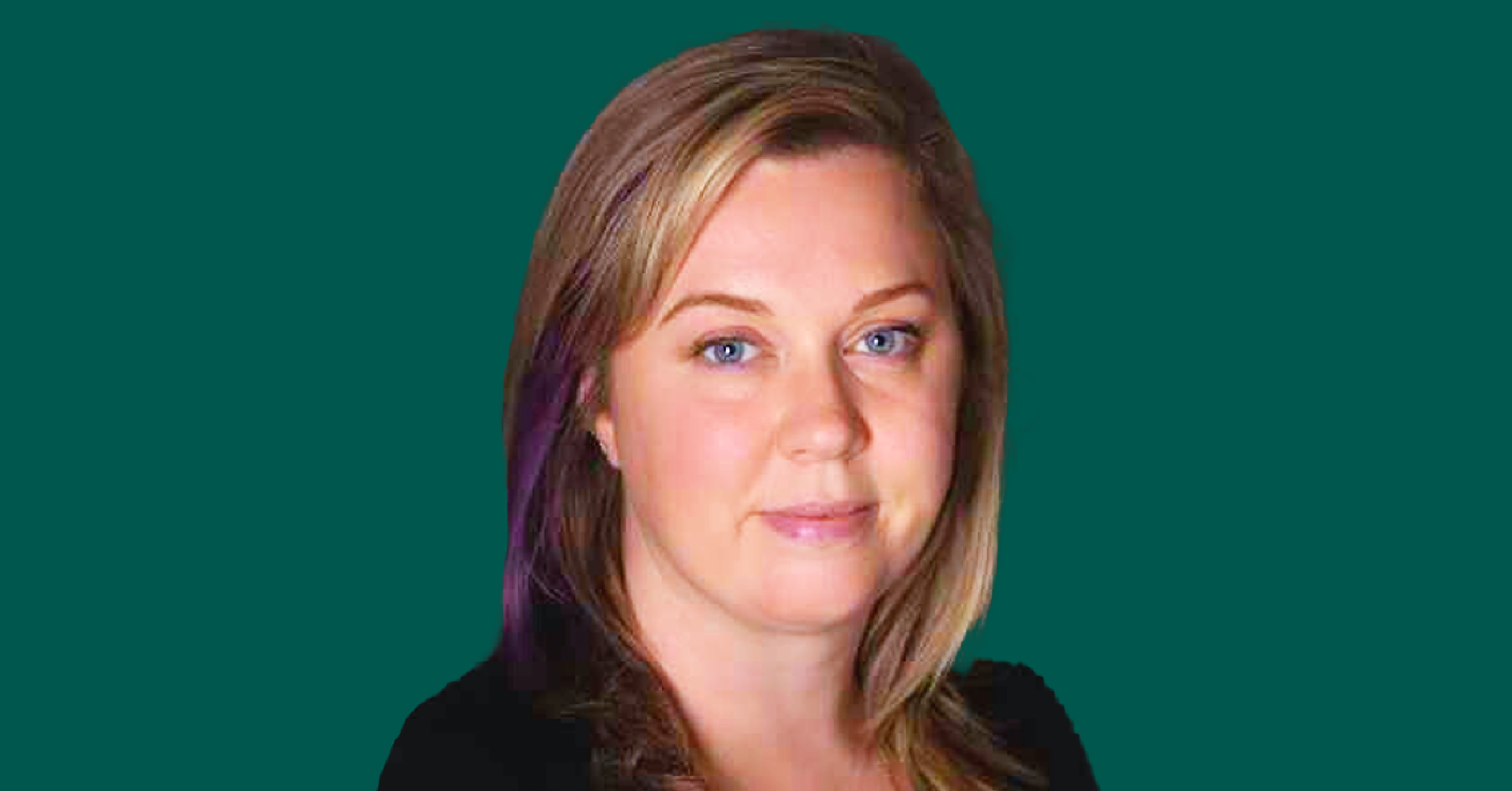Precarious housing, prisons, and our COVID-19 vulnerabilities
27 January 2021

When COVID-19 hit British Columbia in early 2020, many people retreated into safe homes for a period of lockdown — and continue to spend significant time at home as COVID-19 cases increase.
That experience, though, was not universal.
Those who live in precarious housing or were recently released from custody are finding themselves in a vulnerable position — even more so than normal.
Many individuals do not have housing and have to move between public parks, oftentimes without access to bathrooms or water. For those living in shelters, camps, or prison, physical distancing is an impossibility.
These “blind spots” in the provincial response are being examined through a study launched by Dr. Julian Somers, distinguished professor with the Faculty of Health Sciences at Simon Fraser University, whose work has been enabled by MSFHR’s COVID-19 Research Response Fund. Dr. Somers, a clinical expert in addiction, has led research on best practices in housing and recovery for people who experience homelessness, mental illness, and multiple periods of custody.
Building off research already underway before the pandemic began and working with an established network of researchers, decision-makers, service providers and people with relevant personal experiences, the study aims to identify practices to better support some of BC’s most vulnerable citizens during the pandemic.
“We know that provincially we are providing resources far less efficiently and effectively than we need to,” said Dr. Somers. “We’ve previously demonstrated that many people become stuck in a costly revolving door between custody, hospitals and homelessness. We have compared the effectiveness of different approaches to reducing homelessness, crime, and promoting recovery. With this research we aim to identify best practices specific to COVID-19 to reduce viral transmission via some of the high-risk settings that marginalized people are frequently exposed to.”
To delve into how people in precarious housing and the prison system are uniquely impacted by COVID-19, Dr. Somers’ team is employing a three-pronged approach.
With support from the provincial government, Dr. Somers and his team are analyzing the rates of hospitalization and mortality among people who were released from custody or who had inadequate housing during the first wave of COVID-19, defined as February 1 to September 30, 2020.
From there, they will determine if there are any characteristics that are strongly correlated with COVID-19 complications among the group. Finally, the team will assemble a set of recommendations on mandatory testing for those who experience mental illness and addictions.
Underpinning the project’s success is ensuring that those with lived experience are at the planning table.
Alongside researchers and policymakers are team members who have experienced the challenges of precarious housing and the prison system firsthand. Their expertise and insight have been influential in shaping the project design as well as ensuring the work carried out is effective and will give people in these conditions greater agency.
By working in a truly collaborative way to collect meaningful data and compile strong guidelines, Dr. Somers’ team is shining a light on these issues so that those living in precarious conditions and custody can one day be less vulnerable to the pandemic and other health-related crises.
Launched on April 6, 2020 and funded by the Province of BC, the MSFHR COVID-19 Research Response Fund supports urgent research needs important to British Columbia that have arisen as a result of the COVID-19 pandemic. The funding is just one part of a coordinated British Columbian health research approach involving assets that support health research as well as innovative, cross-disciplinary researchers and teams.
As the provincial health research funding agency, MSFHR is committed to enabling responsive, relevant research to support British Columbia’s efforts surrounding the pandemic and ensuring that the health research community has the resources it needs to continue doing world-class research during a time of rapid and inequitable change.





